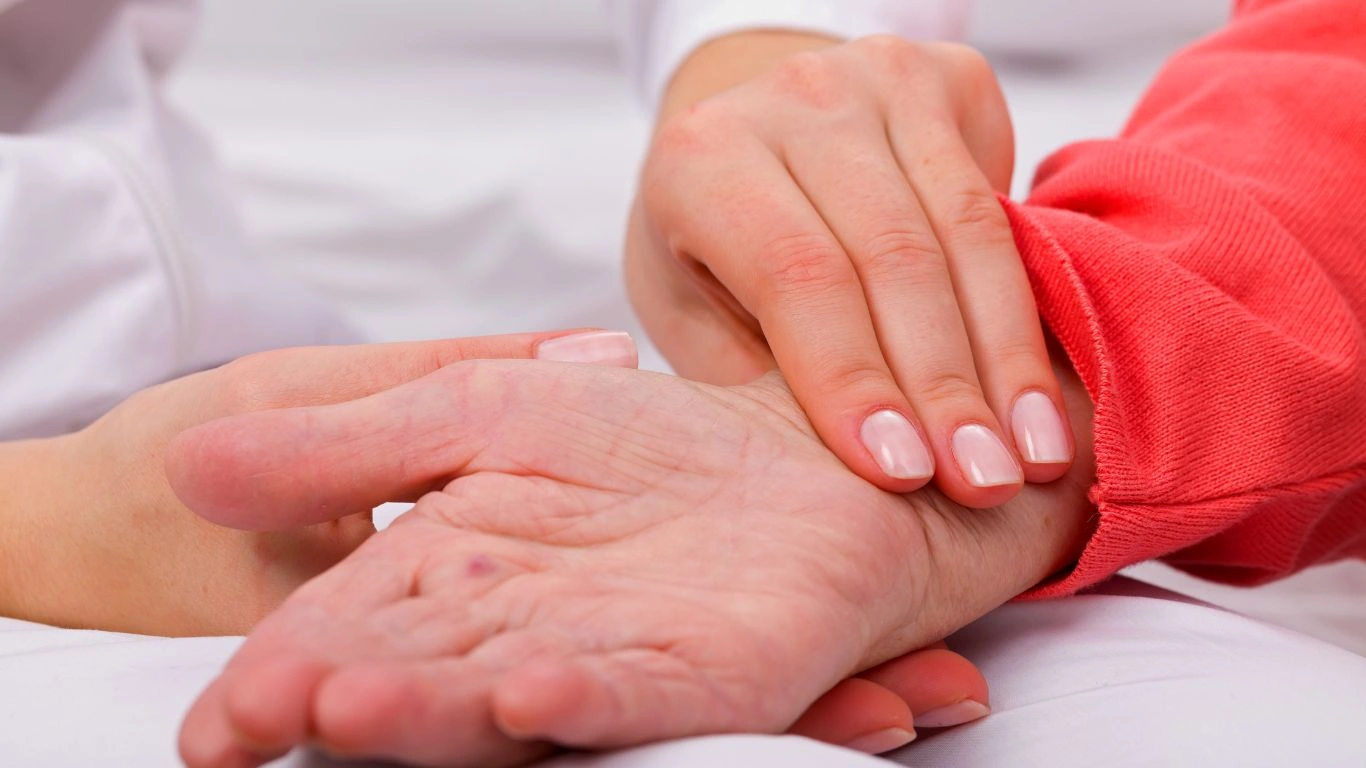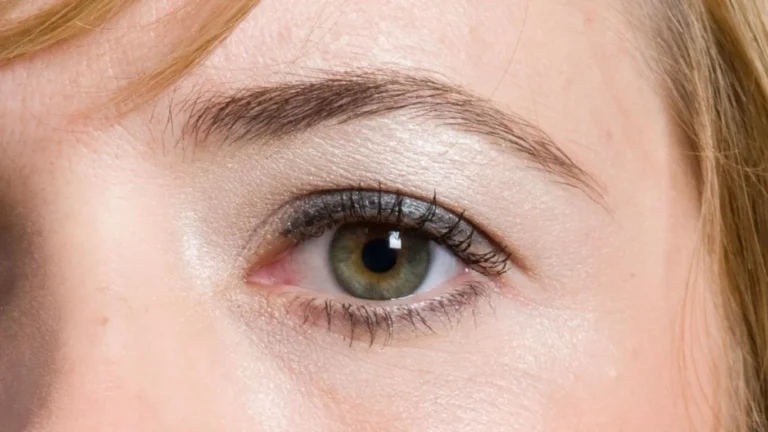Essential Guide to Hypertension and Blurry Morning Vision Risks
If you’ve ever woken up with your eyes feeling a bit foggy or noticed the room looking slightly off until your first cup of coffee, you’re not alone. As someone who’s spent years managing patients with high blood pressure, I can tell you that this strange pairing—hypertension and blurry morning vision—isn’t just a fluke. It’s a clue. A subtle signal your body might be trying to send you while you’re still half buried in your pillow. And while most folks chalk it up to bad sleep or dry eyes, it’s often more than that.
What’s Really Behind That Morning Blur?

The Quiet Rise: Blood Pressure Before You Even Get Out of Bed
One of the things I often explain to my patients is how blood pressure isn’t static. It rises and falls throughout the day, and interestingly, it tends to spike in the early morning hours. This phenomenon is called the “morning surge.” It’s natural to a degree, but in people with hypertension, that surge can be exaggerated.
Now, here’s where it gets interesting—this spike doesn’t just put your heart at risk; it can impact your eyes too. That morning surge in blood pressure can temporarily reduce blood flow to the optic nerve or retina, causing transient blurry vision. So if you’re waking up and rubbing your eyes like you’re in a cartoon, there might be more going on than just needing to clear some sleep out of them.
My Patient’s Story: A Wake-Up Call—Literally
Let me tell you about Mark (not his real name), a 56-year-old accountant who came in complaining of his eyes feeling “off” in the mornings. He assumed it was just stress or too much screen time. But after reviewing his blood pressure log—yep, he actually brought one in!—we saw a pattern. His readings were highest around 6:30 AM, right around when he noticed the vision issues. We adjusted his meds, and within a week, he said the mornings felt “clearer in every sense.” It’s cases like this that make me appreciate how interconnected our systems are.
How High Blood Pressure Affects Your Eyes
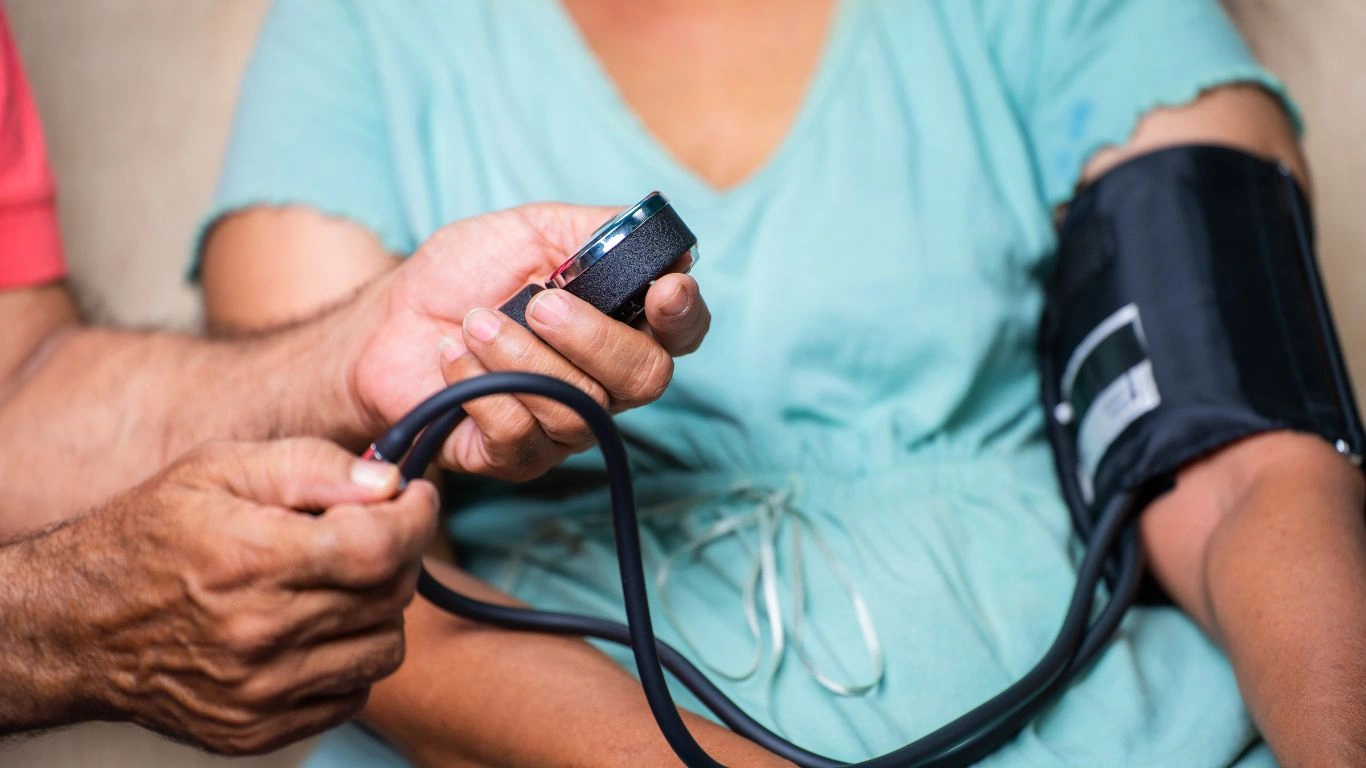
It’s Not Just the Heart We’re Worried About
When we talk about hypertension, people usually think about heart attacks or strokes. But your eyes—especially the tiny blood vessels in your retina—can suffer in silence for years. We call this hypertensive retinopathy, and it can sneak up quietly.
Here are a few ways high blood pressure messes with your vision:
- Narrowed or hardened blood vessels: This reduces oxygen flow to the retina.
- Leaky vessels: High pressure can cause microaneurysms and fluid leakage, affecting your visual clarity.
- Optic nerve damage: Chronic high pressure can damage the optic nerve over time, leading to more serious vision loss.
What’s tricky is that these changes can be painless. You might not even notice anything until things progress. That’s why I always recommend annual eye exams to my hypertensive patients, even if their vision seems fine.
The Sleep Connection: Blood Pressure, Vision, and Rest
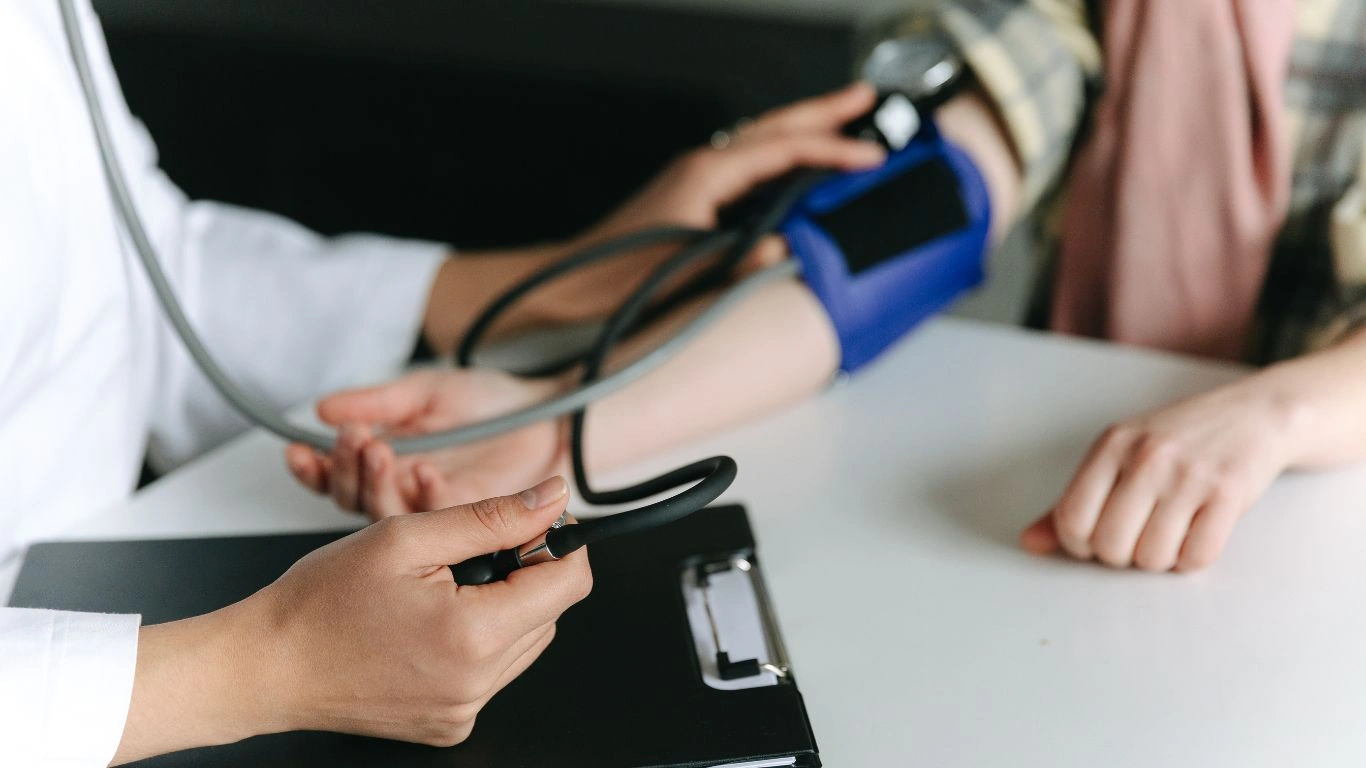
Why Sleep (and How You Sleep) Matters
There’s this underappreciated link between poor sleep and uncontrolled blood pressure. I’ve seen it too many times to ignore. If you’re dealing with sleep apnea, tossing and turning, or simply not sleeping enough, your body doesn’t get the chance to fully reset overnight. That leads to increased cortisol and, yep, higher blood pressure.
When your BP stays elevated all night long, the chances of that blurry vision first thing in the morning go way up. It’s like your eyes are trying to play catch-up while the rest of you is still waking up.
- Make sure you’re sleeping in a cool, dark room.
- Limit screen time before bed—blue light messes with melatonin.
- Consider a sleep study if you’re snoring or waking up tired.
In my own practice, I often ask patients about their sleep before I even take their blood pressure. That’s how central rest is to the whole equation.
Early Red Flags You Shouldn’t Ignore
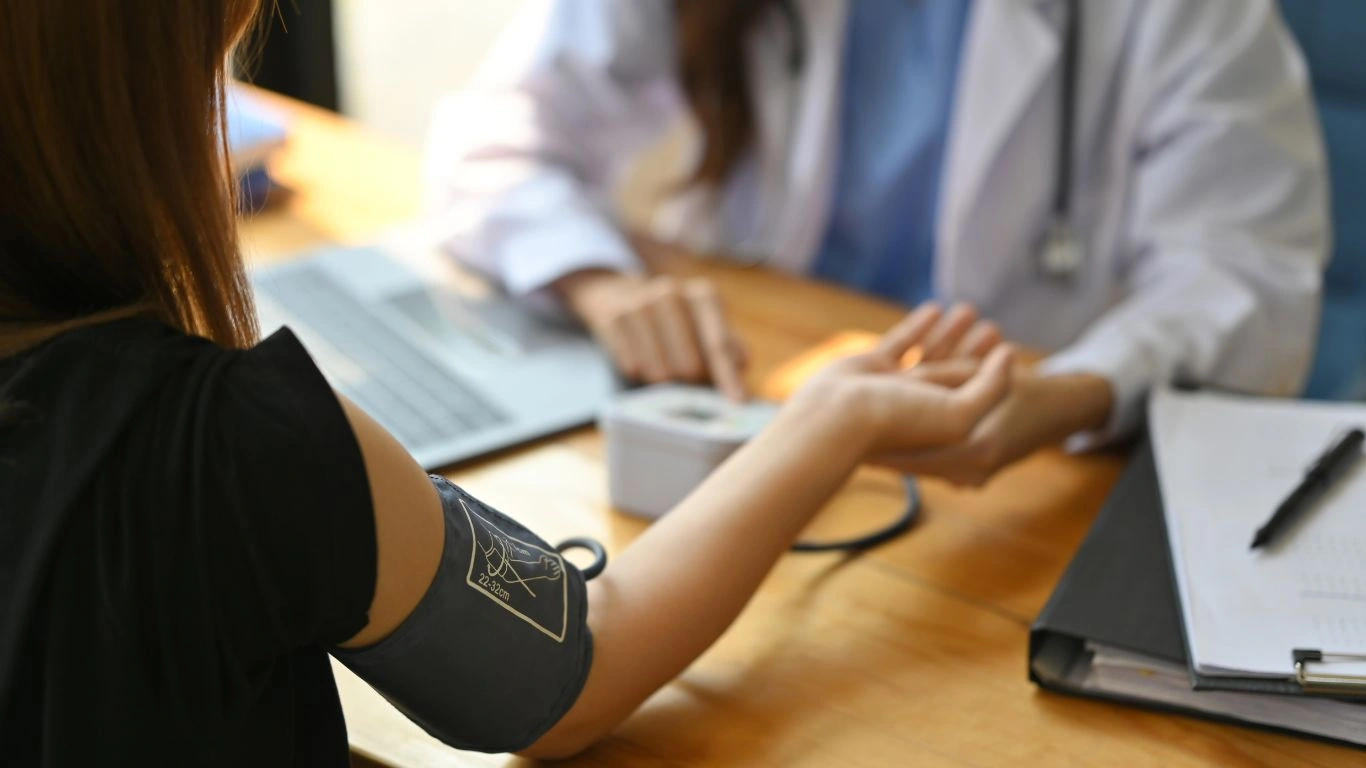
Blurry Morning Vision is Just One of Them
Let’s be real—most people aren’t jumping out of bed doing vision checks. But as I often tell my patients, your body drops hints long before things get serious. That hazy start to your day could be a tap on the shoulder from your cardiovascular system. And guess what? It’s not the only one.
Here are a few subtle signs that might point to hypertension messing with your eyes:
- Floaters or flashes: If you start seeing little spots or bursts of light, especially in the mornings, it could signal retinal issues.
- Difficulty focusing: You rub your eyes, blink a few times, and it still feels off. That could be a sign of reduced blood flow.
- Intermittent headaches behind the eyes: Not your usual tension headache—these often pop up in the mornings and can be tied to elevated intracranial or eye pressure.
In clinic, I’ve had patients brush these symptoms off for years—until a routine eye exam or a hypertensive crisis forced them to take it seriously. It doesn’t need to get that far.
Pro Tips from the Clinic: What I Recommend to My Own Patients

Managing Hypertension and Blurry Morning Vision—Without Overthinking It
Whenever someone comes to me with recurring morning vision issues and high blood pressure, we don’t jump straight to prescriptions or panic. We zoom out. Often, simple lifestyle tweaks make a world of difference. Here’s what I usually recommend, based on actual patient outcomes—not just textbook advice:
- Take blood pressure readings at different times of day—especially first thing in the morning and before bed. Patterns matter more than one-off numbers.
- Don’t skip your eye appointments. Tell your optometrist if you have high blood pressure. Seriously, they can catch stuff early.
- Hydrate before bed (within reason). Dehydration can thicken your blood and contribute to morning pressure spikes and dry, blurry eyes.
- Ask your doctor if your meds need adjusting. Some medications don’t last through the night. Timed dosing can make a difference.
It’s wild how often adjusting when a patient takes their medication ends up being more effective than switching the med itself. Timing is everything, especially when it comes to the early morning blood pressure surge.
The Role of Diet: Not Just About Salt

Start Your Morning Right—For Your Eyes and Your Arteries
Yes, salt is still Public Enemy No. 1 when it comes to hypertension, but that’s not the only thing affecting those morning vision blues. What you eat the night before—or even first thing in the morning—can make or break your blood pressure trend.
In my experience, patients who include more potassium-rich foods (think bananas, spinach, sweet potatoes) tend to have better blood pressure control. Here’s why: potassium helps balance sodium levels and eases tension in blood vessel walls. It’s like a natural counterweight to the salt we sneak in without noticing.
- Best breakfast picks: Oatmeal with flaxseed, Greek yogurt with berries, avocado toast on whole grain bread.
- Worst offenders: Processed meats (looking at you, bacon), instant noodles, and sugary pastries. All of these can trigger BP spikes.
And don’t underestimate caffeine. Everyone metabolizes it differently. Some folks are fine with a double espresso at dawn, but for others, that cup of joe may be amplifying their morning BP spike and contributing to eye pressure changes. Pay attention to how you feel 30 minutes after drinking it. Your body knows best.
What Your Eye Doctor Might Not Be Telling You

The Importance of Collaborative Care
Here’s something I’ve learned the hard way: the best outcomes happen when your primary care doc and your eye doctor are talking—or at least aware of what the other is monitoring. Unfortunately, that doesn’t always happen automatically.
I’ve had patients where the ophthalmologist noticed subtle signs of hypertensive retinopathy, but it never made it back to their internist. Or cases where a patient had uncontrolled hypertension, and the eye doc had no idea. It’s like two puzzle pieces just sitting on the table but never being connected.
That’s why I always encourage patients to bring eye exam results to their primary care visits, especially if they’re dealing with chronic hypertension. It’s not just about your sight—it’s about your systemic health.
In some situations, I’ve even called an ophthalmologist personally to compare notes. Trust me, it’s worth the extra step. Because when we catch these vision-related signs of hypertension early, we often catch other complications brewing under the surface.
Long-Term Strategies to Protect Your Vision and Blood Pressure
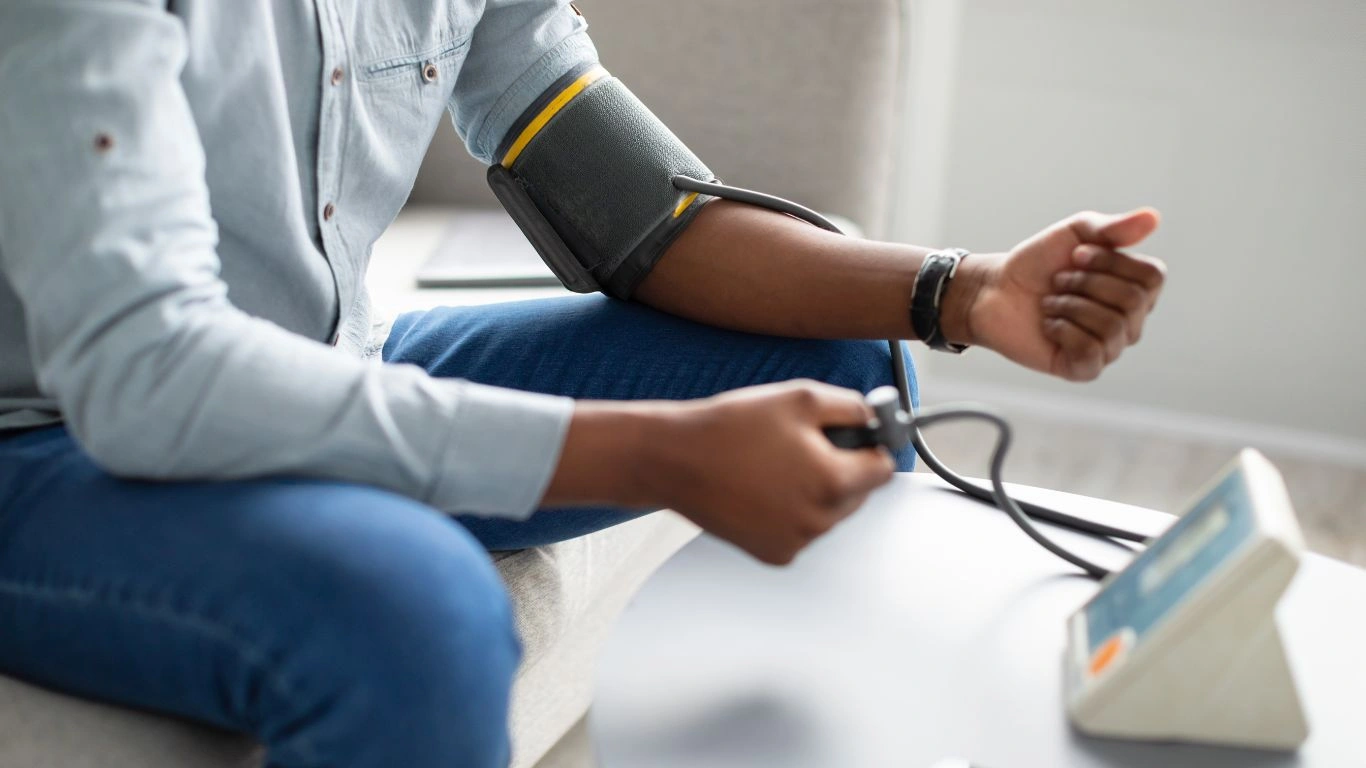
Small Changes, Big Impact
Managing hypertension and blurry morning vision isn’t about overnight miracles. It’s a journey, one I guide my patients through with patience and real-world advice. The good news? Small, consistent changes can really move the needle.
Here’s what I often emphasize when someone is struggling with persistent symptoms:
- Keep your blood pressure logs: Don’t just rely on random readings. Track them, especially morning and evening. I’ve seen patients spot patterns that even a doctor might miss otherwise.
- Move your body daily: Exercise doesn’t have to be crazy intense. Even a 30-minute walk can improve circulation and help regulate blood pressure.
- Manage stress effectively: Chronic stress is a sneaky contributor. I recommend mindfulness, breathing exercises, or even hobbies that get your mind off daily worries.
- Cut back on alcohol and quit smoking: Both can worsen blood pressure and eye health. I know these can be tough habits to break, but the benefits are profound.
Medication and Morning Vision: What You Should Know
In my years treating hypertension, I’ve seen how medication timing and type can influence morning symptoms. Some patients experience more blurry vision if their blood pressure dips too low overnight, while others suffer from those dreaded morning surges.
Don’t hesitate to talk openly with your physician about how your vision feels at different times of day. Sometimes a simple adjustment in when you take your medication or the addition of a low-dose evening medication can stabilize those pressure fluctuations.
Also, remember that some blood pressure meds can cause dry eyes or blurred vision as side effects. If this happens, it’s worth revisiting your treatment plan rather than suffering in silence.
When to Seek Help: Don’t Wait Until It’s Too Late

Know Your Red Flags
While occasional blurry vision in the morning might be a warning sign, certain symptoms require urgent attention. I always tell my patients—if you experience any of these, get to a doctor ASAP:
- Sudden, severe vision loss or black spots in vision
- Double vision or inability to focus clearly
- Severe headache with vision changes—this could signal hypertensive crisis
- Dizziness, chest pain, or shortness of breath accompanying vision problems
These symptoms suggest something more serious is happening, and delaying care can lead to permanent damage.
Trust Your Body—and Your Doctor
One thing I always remind people is to listen to your body. If something feels off, don’t brush it aside. Blurry vision and hypertension have a complicated relationship, but the key is early detection and teamwork with your healthcare providers.
Remember, managing high blood pressure is not just about numbers. It’s about how you feel, your quality of life, and yes, protecting those precious eyes.
References and Further Reading
- American Heart Association
- American Academy of Ophthalmology
- CDC Blood Pressure Resources
- National Heart, Lung, and Blood Institute
Disclaimer
This article is intended for informational purposes only and does not replace professional medical advice, diagnosis, or treatment. Always consult your healthcare provider with any questions you may have regarding a medical condition or before starting any new treatment.

Dr. Gwenna Aazee is a board-certified Internal Medicine Physician with a special focus on hypertension management, chronic disease prevention, and patient education. With years of experience in both clinical practice and medical writing, she’s passionate about turning evidence-based medicine into accessible, actionable advice. Through her work at Healthusias.com, Dr. Aazee empowers readers to take charge of their health with confidence and clarity. Off the clock, she enjoys deep dives into nutrition research, long walks with her rescue pup, and simplifying medical jargon one article at a time.

